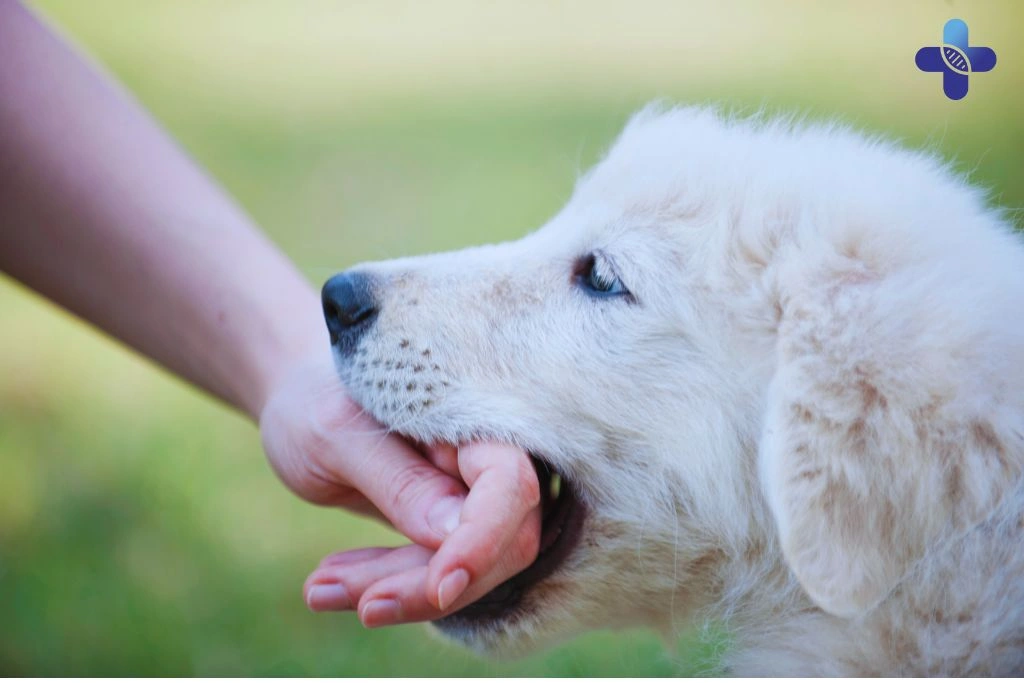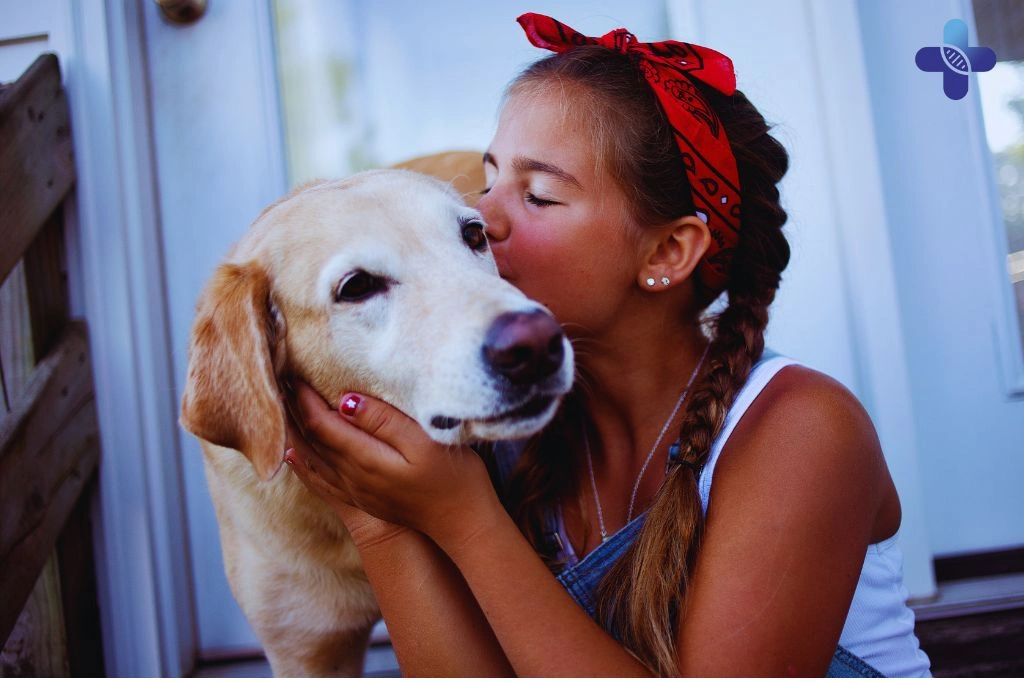While Bali is a paradise for many travelers, unexpected health concerns like animal bites can occur. As part of the common wounds in Bali, these incidents often involve stray dogs, monkeys, cats, and even bats, particularly in rural areas or popular tourist destinations. At Life Everyouth Clinic Bali, we regularly assist visitors and expats who encounter such situations and require immediate medical attention, including wound cleaning, vaccinations, and post-bite monitoring.

Animal Bites in Bali: How to Respond and Where to Seek Help
Animal bites are a medical emergency that many travelers overlook. In Bali, these incidents often involve stray dogs, monkeys, or wild animals near tourist areas. Recognizing the urgency and knowing where to seek proper care can make the difference between a quick recovery and serious complications. At Life Everyouth Bali, we offer fast, professional treatment to ensure your health and safety after an animal bite.
Understanding the Risk of Animal Bites in Bali
Bali’s tropical environment and free-roaming animals increase the chances of accidental bites. While not every bite is dangerous, some carry the risk of severe infection or even rabies. As a trusted medical clinic in Bali, Life Everyouth always recommends prompt evaluation, even if the bite appears minor. Delayed treatment may result in complications that are avoidable with quick action.
Types of Animal Bites We Commonly Treat
Life Everyouth Bali often treats wounds from dog bites, monkey scratches, cat scratches, and even encounters with bats in more remote areas. These bites vary in severity, but our medical clinic in Bali is equipped to provide wound care, anti-rabies vaccine in bali, and Human Rabies Immunoglobulin (HRIG) when indicated. Our team of doctors ensures that patients receive the safest and most effective medical care.
When to Seek Medical Attention After an Animal Bite
Not all bites bleed heavily, but any broken skin or scratch should be seen by a medical professional. At Life Everyouth Clinic, we advise visiting our medical clinic in Bali as soon as possible—especially if the bite was from an unknown or wild animal. We are here to help minimize risks and ensure you stay safe during your stay in Bali.

Tips for Dealing With Animal Bites in Bali
Dealing with an animal bite requires immediate and proper action to avoid infection and long-term complications. At Life Everyouth Bali, we emphasize a few essential steps to protect your health and ensure recovery.
Wash the Wound Thoroughly
The first and most important step is to rinse the wound immediately using clean, running water and soap. This should be done for at least 15 minutes to help flush out dirt, saliva, and potential pathogens. Avoid scrubbing too hard, as it may worsen the injury. This basic first aid can significantly reduce your risk of infection and rabies exposure.
Avoid Home Remedies or Creams
It may be tempting to apply antiseptics, herbal oils, or over-the-counter creams right after a bite. However, Life Everyouth Clinic Bali advises against using any substance without proper medical evaluation. Some products can trap bacteria inside the wound or delay healing. Stick to clean water and sterile gauze until professional care is received.
Apply a Clean Bandage
After washing the area, cover the bite with a clean, sterile bandage to protect it from dirt and further contamination. Do not wrap it too tightly—allowing some airflow is essential for healing. Our team at Life Everyouth Bali will assess the injury and change the dressing as needed during follow-up visits.
Visit Life Everyouth Clinic Immediately
Even if the wound appears minor, visiting a trusted medical clinic in Bali is crucial. At Life Everyouth Bali, we provide professional wound care in bali, rabies vaccination, tetanus boosters, and HRIG when necessary. Early medical intervention ensures faster healing and peace of mind during your stay.
Follow Up for Aftercare
Healing doesn’t stop after the first visit. Our clinic provides follow-up services to monitor the wound for signs of infection, assess healing progress, and offer additional support if needed. Life Everyouth Bali is committed to your full recovery, whether you’re here for vacation or long-term stay.

Conclusion of Animal Bites in Bali: Get Medical Help Fast
Animal bites in Bali are not uncommon, but they are preventable and treatable. The key is to act fast and seek expert care. Life Everyouth Bali provides fast-response wound care, vaccination, and medical guidance for all bite-related concerns. If you experience an animal bite during your trip, visit our Bali medical clinic immediately.
FAQ of Animal Bites in Bali: Get Medical Help Fast
What animals commonly cause bites in Bali?
In Bali, the most common animal bites come from dogs, monkeys, and cats—especially in areas where tourists gather such as temples, local markets, and monkey forests. Stray dogs often roam freely in some parts of the island and may become aggressive when threatened or startled. Monkeys, particularly in places like Ubud’s Monkey Forest, are known to snatch items and may scratch or bite if provoked. Life Everyouth Clinic Bali frequently treats visitors for bites and scratches caused by these animals.
Are animal bites in Bali dangerous?
Yes, animal bites in Bali can be dangerous due to the risk of infection and the potential exposure to rabies. Even minor bites or scratches can introduce harmful bacteria into the body, especially in tropical climates where wounds can get infected quickly. Rabies is still present in some parts of Indonesia, making prompt medical care essential. Life Everyouth Bali recommends treating all animal bites as medical priorities.
What should I do first if I get bitten?
The first step after an animal bite is to thoroughly wash the wound with soap and clean running water for at least 15 minutes to reduce the risk of infection. Do not apply creams or herbal treatments—these may worsen the injury or delay healing. Cover the wound with a sterile bandage and seek medical attention immediately. At Life Everyouth Clinic Bali, we provide professional wound care and assess the need for further treatments like rabies vaccines or antibiotics.
Do all animal bites require a rabies shot?
Not every bite leads to rabies, but any bite or scratch from a stray or wild animal should be evaluated for rabies risk. If the biting animal cannot be observed or tested, a rabies vaccine series may be recommended as a precaution. Life Everyouth Bali follows WHO guidelines to assess whether post-exposure prophylaxis is necessary based on the nature of the bite and the animal involved. When in doubt, it’s safer to start treatment early.
Where can I get treated after an animal bite in Bali?
Life Everyouth Clinic Bali is a trusted medical clinic in Bali that provides comprehensive care for animal bites. Our team offers wound cleansing, anti-rabies vaccination, tetanus boosters, and HRIG when indicated. We are equipped to treat both locals and international travelers with efficient, compassionate service. Walk-ins are welcome, and emergency response is available for more serious cases.
Is there a time limit to get a rabies shot after a bite?
Yes, rabies vaccination should ideally be started within 24 to 48 hours after the exposure for maximum effectiveness. The sooner the treatment begins, the better your protection against the virus. However, even if a few days have passed, it’s still important to seek medical help as the treatment can still be effective. Life Everyouth Bali prioritizes rabies cases to ensure no time is wasted.
What is HRIG and when is it given?
HRIG, or Human Rabies Immunoglobulin, is a passive antibody treatment given to patients who have never been vaccinated for rabies and have a high-risk exposure. It provides immediate protection while the vaccine helps your body build its own immunity. HRIG is typically given at the same time as the first dose of the rabies vaccine and is injected around the bite site. Life Everyouth Bali provides HRIG in accordance with international health standards.
Can monkey scratches also lead to rabies?
While rabies transmission from monkeys is rare, scratches—especially those that break the skin—can still pose a risk. Monkeys may also carry other bacteria or viruses that can lead to infection. It’s important not to dismiss a monkey scratch, especially in areas where monkey-human interaction is common. Life Everyouth Clinic Bali will assess each case and offer appropriate wound care and vaccinations if needed.
Is tetanus a concern with animal bites?
Yes, animal bites can introduce tetanus bacteria into the body, particularly if the wound is deep or dirty. Tetanus is a serious condition that affects the nervous system and can be life-threatening if not prevented. Life Everyouth Bali will review your vaccination history and provide a tetanus booster if you haven’t had one in the past 5–10 years. This is a standard precaution with bite injuries.
Can I continue my holiday after treatment?
Absolutely. Once you’ve received proper care—especially if started early—you can usually resume your holiday without major interruptions. Life Everyouth Clinic Bali focuses on quick, effective treatment that allows travelers to feel safe and confident continuing their plans. We’ll also provide follow-up care instructions to support your recovery and peace of mind.

